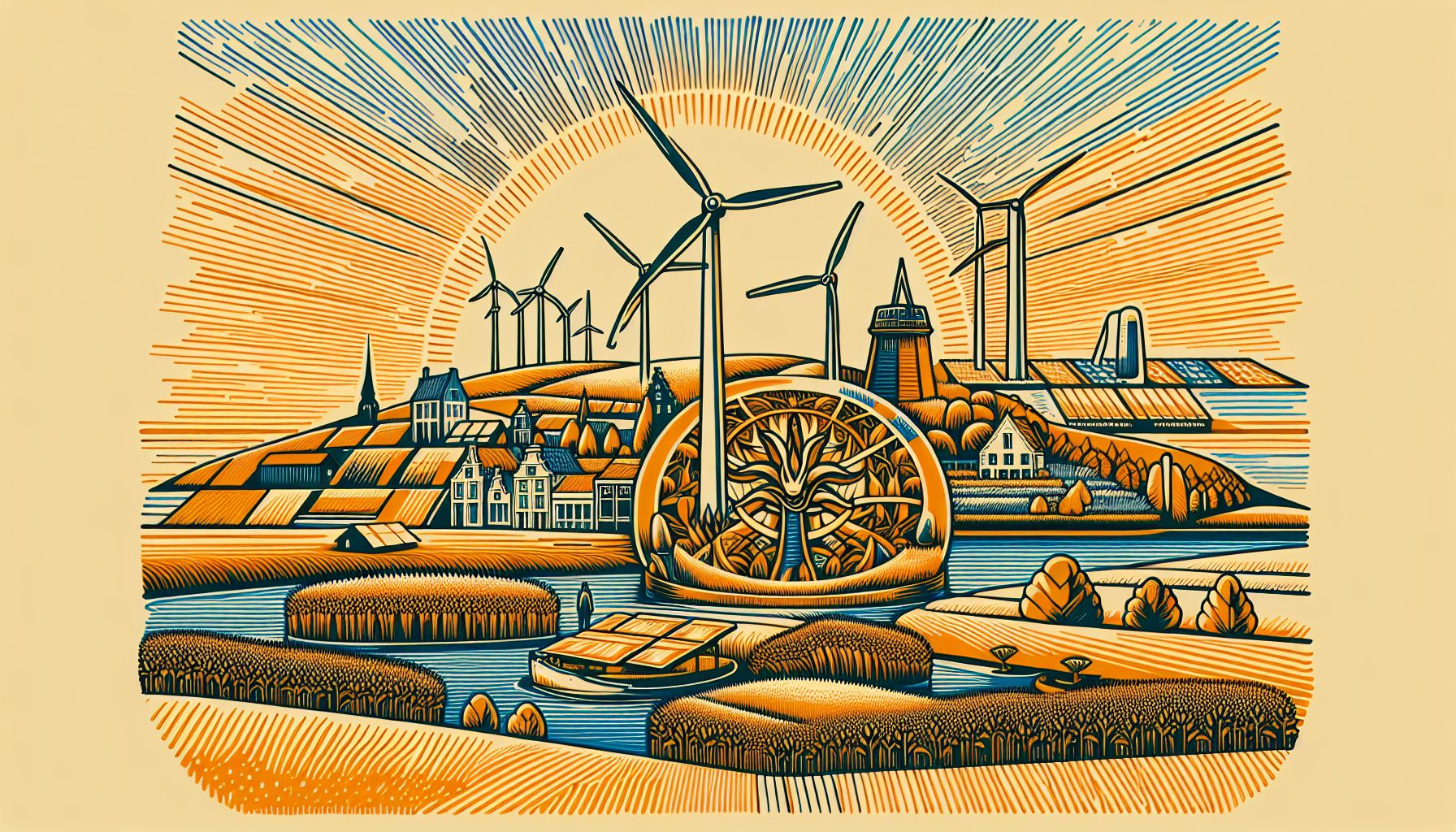Noord-Holland Invests €1 Million in Energy Cooperatives

Haarlem, Friday, 20 September 2024.
The Dutch province of Noord-Holland has allocated €1 million to support energy cooperatives, aiming to reduce CO2 emissions and promote sustainable infrastructure. This initiative is part of the region’s ambitious goal to achieve climate neutrality by 2050.
A Step Towards Climate Neutrality
The province’s decision to fund energy cooperatives is a significant step towards its overarching goal of becoming climate-neutral by 2050. Energy cooperatives are groups of residents who collectively invest in renewable energy projects, such as solar panels or wind turbines. This grass-roots approach not only decentralizes energy production but also ensures that the benefits of renewable energy projects are felt directly by the local communities.
Focus on Renewable Energy
Noord-Holland’s commitment to reducing CO2 emissions aligns with broader European Union policies aimed at mitigating climate change. The EU has seen a notable reduction in greenhouse gas emissions due to increased renewable energy usage and decreased reliance on fossil fuels. The province’s investment in energy cooperatives is expected to further bolster these efforts by fostering local renewable energy projects[1].
Supporting Sustainable Infrastructure
In addition to reducing emissions, the funds will be used to promote sustainable infrastructure. This includes upgrading the energy grid to accommodate the increased load from renewable sources and ensuring that new developments are built with sustainability in mind. By investing in these areas, Noord-Holland aims to create a resilient infrastructure capable of withstanding the impacts of climate change, such as extreme weather events[2].
Collaborative Efforts
The initiative highlights the importance of collaboration between local governments, residents, and private entities. Energy cooperatives typically involve a diverse group of stakeholders, from individual homeowners to local businesses. This collaborative approach not only spreads the financial burden but also fosters a sense of community ownership and responsibility towards sustainable development[3].
Long-Term Vision
The €1 million investment is part of a broader strategy to transform Noord-Holland into a circular economy by 2050. This strategy involves reducing waste, promoting recycling, and ensuring that resources are used efficiently. By supporting innovative technologies and sustainable practices, the province aims to set a precedent for other regions to follow[4].

